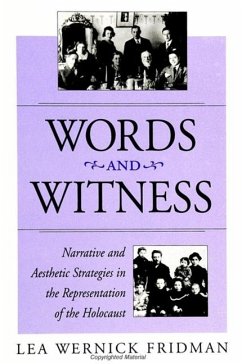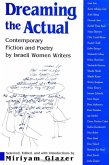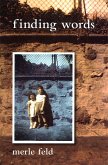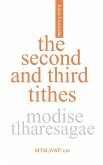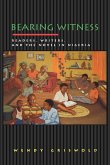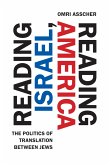Narratives of large-scale historical horror and trauma cross a terrible boundary in representation. What forms are adequate to such experience? What are the forms that such narratives actually take? Fridman is fascinated by the boundary that separates the representable from the unrepresentable and by the sense that literary works on either side of this boundary are governed by a different dynamic and set of rules from one another. Close readings of works by Aharon Appelfeld, Tadeusz Borowski, Paul Celan, Charlotte Delbo, Jerzy Kosinski, Claude Lanzmann, Dan Pagis, Piotr Rawicz, Andre Schwarz-Bart, and Elie Wiesel explore the inventive means by which these Holocaust writers wrestle with experiences that, in a very real sense, cannot be put into words. A new reading of Joseph Conrad's Heart of Darkness sets the stage for comparative and far-reaching literary insights into the notion and conception of traumatic narrative.
Hinweis: Dieser Artikel kann nur an eine deutsche Lieferadresse ausgeliefert werden.
Hinweis: Dieser Artikel kann nur an eine deutsche Lieferadresse ausgeliefert werden.

